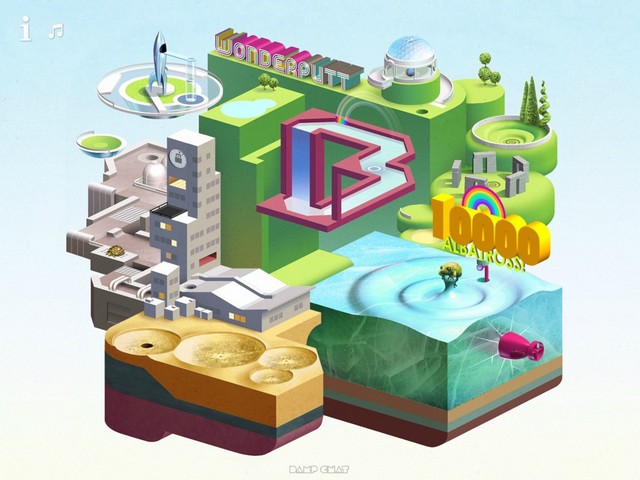
Actions were very were very popular in the early days of Internet commerce, but today online sellers mostly use posted prices. In fact, some websites offer online auctions for power-ups of some games following the tendencies of online auctions. For example, players might buy their way up in the leaderboard using real money, or they might buy power-ups to win battles inside the game or even use cheat codes to have as much virtual money as they can. This opens the door to possible problems that could affect the player experience.

buying time or goods to progress in the game). collecting coins, accumulation of goods) and another through microtransactions (e.g. Considering this, it is possible to understand the intersection between economics and games in two ways: one as a game structure (e.g. No wonder, Clash of Clans’ creators earn more than 15 million per day using this game-business model.

players can pay to get their house built quicker), relying on players’ impatience to progress in the game.

For example, in the mobile game Clash of Clans, players can buy ‘time’ to have their goods ready for battle (e.g. With technological advances, game developers and designers have found an opportunity to explore the business of virtual goods in order to increase their revenue stream, particularly through in-app purchases (IAP). Video game consumer market value worldwide from 2011 to 2019, by distribution type (in billion US dollars).


 0 kommentar(er)
0 kommentar(er)
